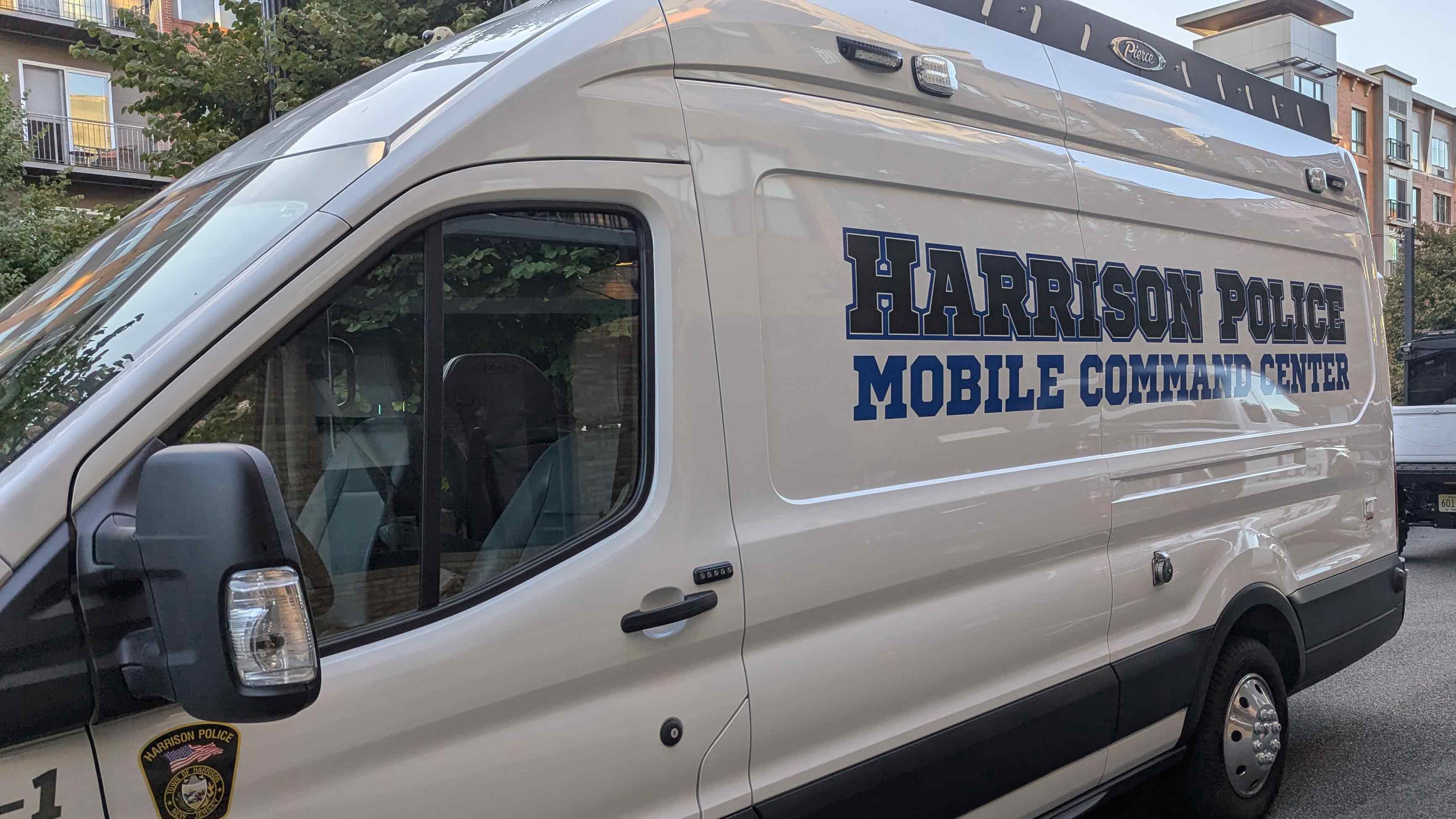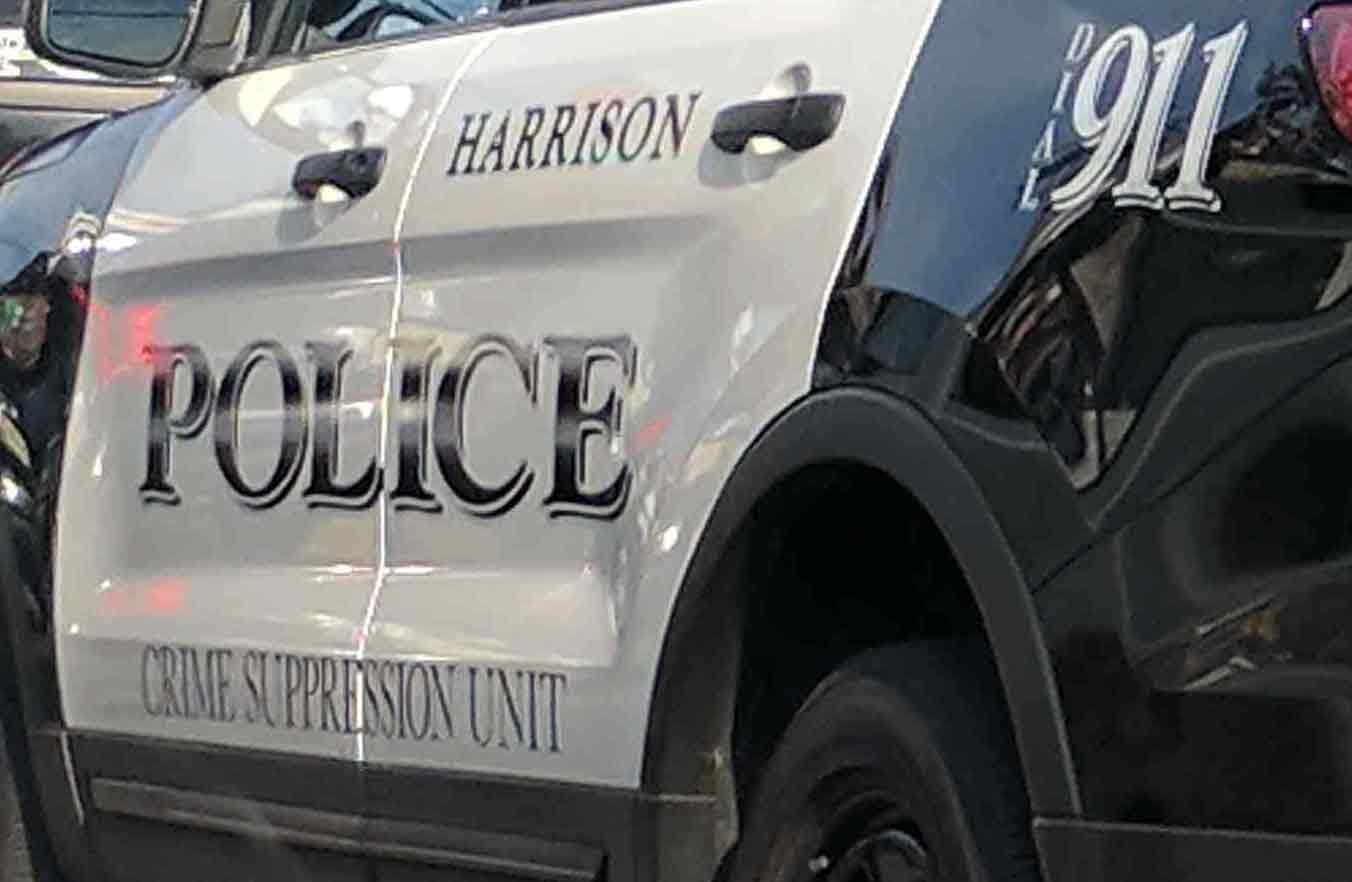Harrison Police Respond to Two False Swatting Calls at Harrison High School
Oct 24, 2025
The Harrison Police Department responded to two separate reports of a suspicious person at Harrison High School (HHS) on Monday, October 21, 2025, and again on Thursday, October 23, 2025. Both incidents prompted an immediate law enforcement response and precautionary lockdowns at the school.
According to police officials, officers arrived on the scene quickly after receiving each call and were met by Harrison High School administrators and staff. The Harrison Fire Department, Harrison Department of Public Works, and St. Clare’s EMS also mobilized to assist, staging nearby to provide emergency and logistical support, including traffic diversion and readiness for potential medical or safety needs.
After thorough on-site investigations in both cases, authorities determined that there was no suspicious individual and that both reports were false alarms. The lockdowns were lifted, and students and staff were deemed safe.
Police Identify Incidents as “Swatting” Calls
Following each event, Harrison Police Chief Stanley Titterington and Police Director Nicholas G. Breiner issued a joint statement explaining that both calls were identified as “swatting” incidents—a term used to describe false emergency reports deliberately made to provoke a heavy police response.
“Following a thorough investigation, it was determined that the call was unfounded and identified as a ‘swatting’ incident—a false emergency report intended to provoke a law enforcement response,” the joint statement read.
“The Harrison Police Department remains dedicated to the safety of our schools and community. All reports of potential threats are taken seriously and investigated thoroughly.”
What Is “Swatting”?
“Swatting” is a dangerous hoax that originated in the early 2000s when pranksters began making false reports of violent crimes or hostage situations, often prompting SWAT teams to respond. The term derives from “SWAT”—the acronym for Special Weapons and Tactics units frequently dispatched in such situations.
The first widely publicized swatting incidents were linked to online gaming communities in the mid-2000s, where disputes between players sometimes escalated into real-world law enforcement responses. Over time, swatting has evolved into a national and international issue, affecting schools, businesses, celebrities, and public officials alike.
Law Enforcement Crackdown on Swatting

In response to the rise of these false emergency calls, federal and state law enforcement agencies, including the FBI and Department of Justice, have prioritized tracking and prosecuting individuals behind swatting incidents. Modern investigative tools, such as digital forensics, IP tracing, and cooperation with telecommunications companies, have made it increasingly difficult for perpetrators to hide behind anonymous calls or online platforms.
In New Jersey, swatting is taken extremely seriously. The New Jersey Office of Homeland Security and Preparedness has worked with local departments to train dispatchers and officers to recognize potential hoaxes while still treating every call as a legitimate threat until proven otherwise.
Penalties for Swatting
Under both federal and state law, swatting can carry severe penalties. In New Jersey, filing a false report or creating a false public alarm can be charged as a third-degree or second-degree crime, depending on the circumstances.
Convicted offenders may face:
- Five to ten years in prison
- Fines of up to $150,000
- Restitution to cover the cost of emergency response efforts
At the federal level, if the hoax results in injury or death, penalties can increase dramatically—potentially leading to decades in prison.
Community Cooperation Encouraged
The Harrison Police Department continues to investigate both incidents and urges anyone with information to come forward.
Chief Titterington and Director Breiner emphasized that while the recent reports were unfounded, the town’s emergency response demonstrated strong coordination among local agencies and reaffirmed the community’s commitment to safety and preparedness.
If you have details related to these swatting calls or any suspicious activity, please contact the Harrison Police Department Detective Bureau at (973) 483-5302.

